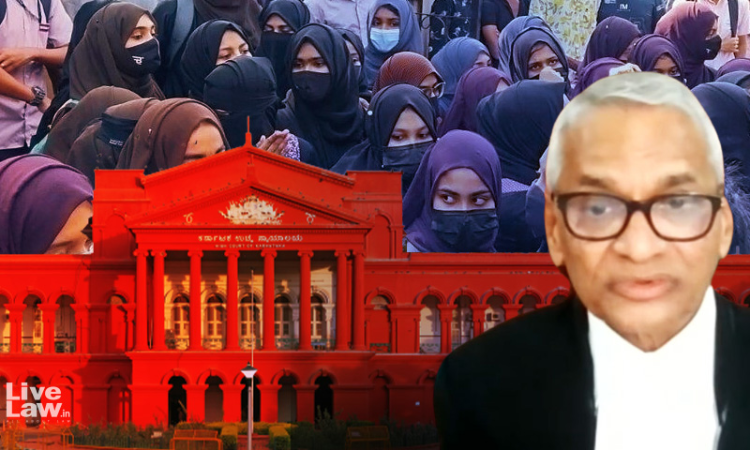A Full Bench of the Karnataka High Court today continued hearing arguments on the petitions filed by Muslim girl students, who challenged the action of a government college in denying their entry for wearing a hijab (headscarf).Prof Ravivarma Kumar, Senior Advocate, appearing on behalf of the petitioners today argued that the state is discriminating against Muslim girls, solely on the basis...

